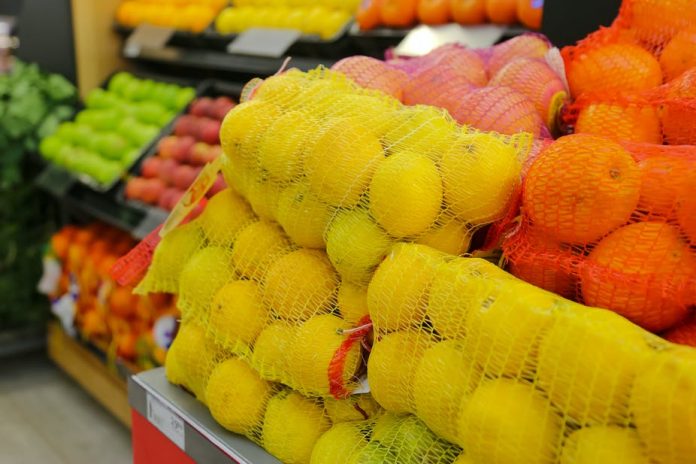Agriculture and agro-processing value chains have been under pressure during the COVID-19 pandemic. This has been particularly marked where they remain underdeveloped, as is the case in South Africa and the rest of the region.
Regulatory responses to the pandemic disrupted agriculture and agro-processing activities. For example, agro-processing systems have been slowed down by rigorous border checks. Some countries, including South Africa, closed land border posts. Curfews and social distancing protocols also caused labour shortages, which in turn affected productivity.
COVID restrictions also added to the high barriers to entry generally faced by small players. Small and medium enterprises (SMEs) have limited access to finance, skills and training. They also lack access to infrastructure such as storage facilities as well as market information.
Linking small-scale farmers to markets has also been a challenge. COVID-19 restrictions on restaurants and catering have led to supermarkets being the key route to market. This has made suppliers, SMEs in particular, more vulnerable to the exertion of buyer power by leading supermarkets. Some SME suppliers are able to meet basic phytosanitary and food quality standards, but many lack capabilities to meet higher, private standards of supermarkets which place more pressure on suppliers.
The development of stronger and more localised agriculture and agro-processing systems is crucial for food security, fostering rapid industrialisation and economic diversification, and job creation beyond the crisis. Read more…



